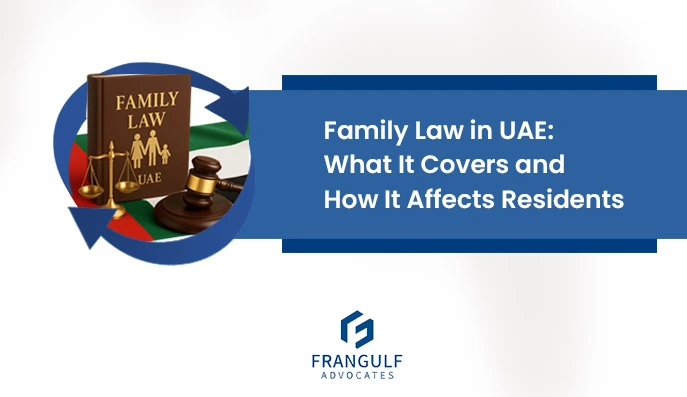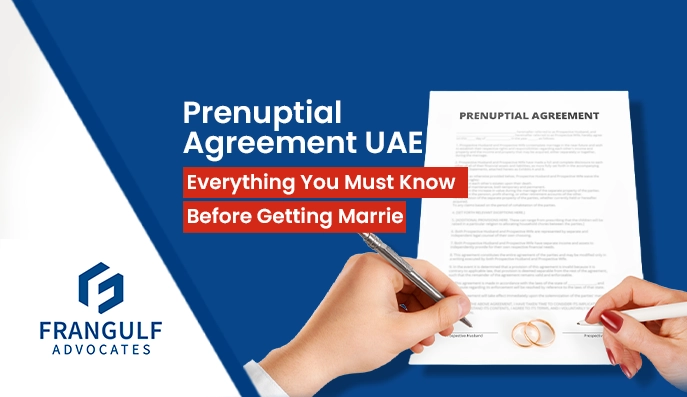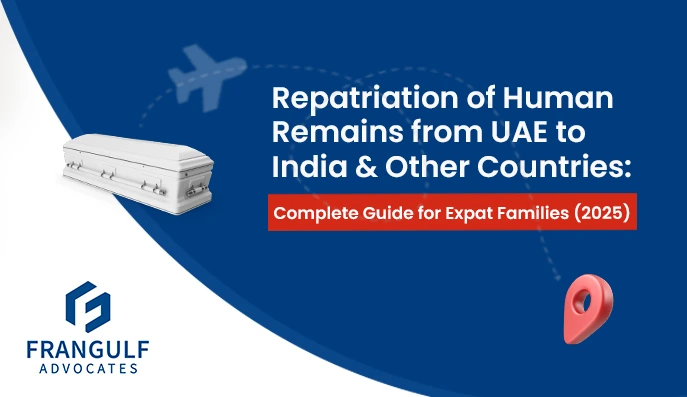Getting Married in Sharjah: Complete Legal Guide (2026)

Table of Contents
If you’re planning to get married in Sharjah, understanding the legal process is essential. Whether you’re a Muslim resident, a non-Muslim expatriate, or visiting for a destination wedding, Sharjah offers clear procedures for both civil and Sharia marriages.
This guide breaks down the requirements, documents, court steps, and cultural expectations, so your big day goes smoothly.
What Are the Marriage Laws in Sharjah?
Marriage in Sharjah is governed by UAE Personal Status Law, which applies Sharia principles for Muslims and civil laws for non-Muslims.
Here’s the key distinction:
- Muslim couples marry under Sharia law via the Sharjah Sharia Court (or authorized marriage officers). Sharia principles apply regardless of nationality when both spouses are Muslim.
- Non‑Muslim couples may use the federal civil law option introduced across the UAE (Law No. 14 of 2021) for non-Muslim residents. This permits marriages and family matters via civil courts rather than Sharia courts.
Note: Sharjah historically did not allow “court marriages” (civil weddings) for non-Muslim expats within its own jurisdictions. Many Sharjah residents instead go to Abu Dhabi or Dubai civil courts.
How to Get Married in Sharjah
For a Muslim couple:
- Meet age & consent requirements
- Undergo pre-marital medical tests (mandatory for Emiratis)
- Prepare legal documents (ID, passport, visa, etc.)
- Attend court session at Sharjah Sharia Court with two male Muslim witnesses
- Sign the marriage contract (Nikkah) in front of a judge
- Register and attest the certificate
For non-Muslim couples:
- Contact your embassy or local civil court
- Submit required documents and medical test results
- Ensure there are no legal restrictions (e.g., close blood relations)
- Complete the marriage under your personal law
- Register and attest the certificate in the UAE
Requirements for Muslim Marriages in Sharjah
1. Age & Consent
- Both parties must generally be at least 18 years old.
- Under the 2025 reforms, a woman can freely choose her spouse; if a guardian objects, the court has the final say.
- If the age gap between spouses exceeds 30 years, court permission is needed.
2. Pre-Marital Medical Test
For Emirati nationals, a mandatory medical screening ensures neither spouse has communicable or hereditary diseases. This test must be done at an approved UAE health center.
3. Required Documents for Marriage
Muslim couples must submit:
- Emirates ID (both parties)
- Passports and residency visas
- Pre-marital medical certificate
- Divorce or death certificates (if applicable)
- If the bride’s father is a non‑Muslim, a “No Objection” letter from her embassy may be required
The Sharia Court Marriage Procedure
Once documents are ready, couples must:
- Visit the Sharjah Sharia Court
- Attend a session with the judge + 2 Muslim male witnesses
- Sign the marriage contract (Nikkah), including the Mahr (dowry) clause
- Receive the official marriage certificate
The process is usually completed in one court visit, provided all documents are correct.
Marriages for Non-Muslims in Sharjah
Non-Muslim residents or visitors can marry under the civil laws of their home country, facilitated through their embassy or a recognized civil court.
Key points:
- No Muslim male witnesses are required.
- Parties must not be related within prohibited degrees (e.g., first cousins).
- Pre-marital medical tests are highly recommended for all couples.
- The marriage must be registered and attested to be legally recognized in the UAE.
Tip: Check with your embassy in advance for specific requirements, as timelines and document lists vary by country. You can also refer to the UAE Government Portal on Marriage for official guidelines.
Post-Marriage Registration and Attestation
After the ceremony, you must legalize your marriage certificate:
- Register at the UAE Ministry of Justice
- Attest at the Ministry of Foreign Affairs (MOFA)
- Translate the document if it’s not in Arabic or English
- Attest at your embassy if you need international recognition
This step is essential for visa sponsorship, joint bank accounts, and other legal processes in the UAE.
Cultural Considerations for Weddings in Sharjah
Sharjah is known for its conservative and family-oriented culture.
- Dress codes should be modest during ceremonies.
- Muslim weddings must follow Islamic traditions.
- Respecting both families’ customs makes the day more meaningful.
Should You Hire a Marriage Consultant or Lawyer?
While it’s not mandatory, hiring a legal expert in Sharjah can save you time and prevent delays — especially for non-Muslim or interfaith marriages. Consultants can assist with document translations, court scheduling, and attestations.
Final Thoughts
Getting married in Sharjah is a structured legal process — but with the right preparation, it’s straightforward. Whether you’re a resident or planning a destination wedding, knowing the legal, cultural, and procedural details ensures a smooth start to your married life.
Got a Legal Question?
Can tourists get married in Sharjah?
Yes, tourists can get married in Sharjah, but the process depends on their religion and nationality. Non-Muslim tourists usually marry under the civil law of their home country through their embassy or a recognized civil court in the UAE. Muslim tourists can marry in Sharjah’s Sharia Court if they meet the legal requirements and provide all necessary documents.
How long does it take to get married in Sharjah?
If all documents are in order, the marriage process can be completed in 1 to 2 weeks.
- The court session and signing usually happen in 1 day.
- Pre-marital medical tests take 1–3 days.
- Certificate attestation can take 3–7 working days, depending on embassy requirements.
What documents are required to get married in Sharjah?
The required documents vary for Muslims and non-Muslims, but generally include:
- Passports and valid UAE residence visas
- Emirates IDs (for residents)
- Pre-marital medical certificates
- Divorce or death certificates (if previously married)
- Embassy-issued no-objection letters (for non-Muslims)
Do non-Muslims need to marry in Sharia Court?
No. Non-Muslims are not required to marry in Sharjah’s Sharia Court. They can marry under their home country’s civil law through their embassy or a licensed civil court in the UAE.
Is a medical test mandatory for marriage in Sharjah?
Yes, pre-marital medical tests are mandatory for Emirati nationals and strongly recommended for all couples. The test checks for genetic and communicable diseases and must be done at an approved UAE health facility.
Facing a Legal Challenge? We’re Just One Call Away
Confidential, expert, and results-driven legal advice.








